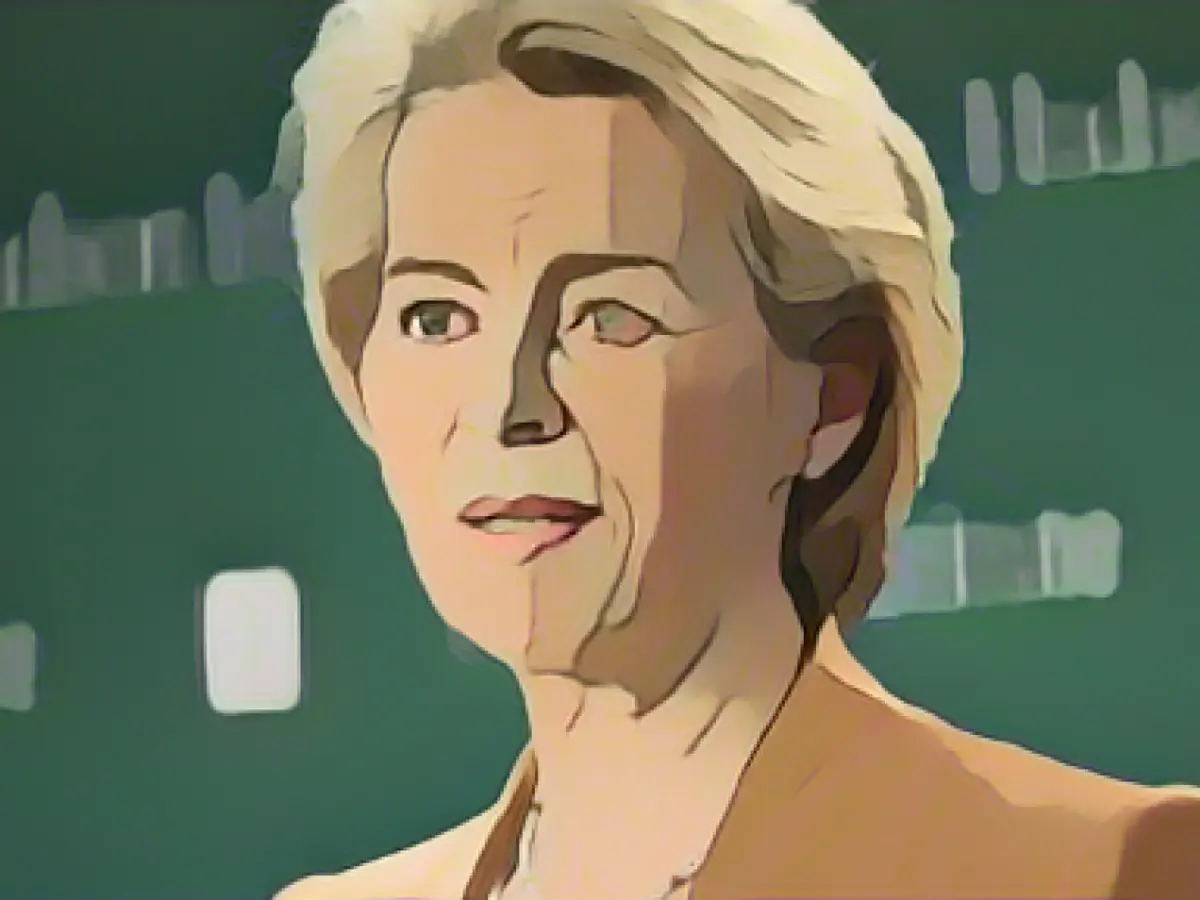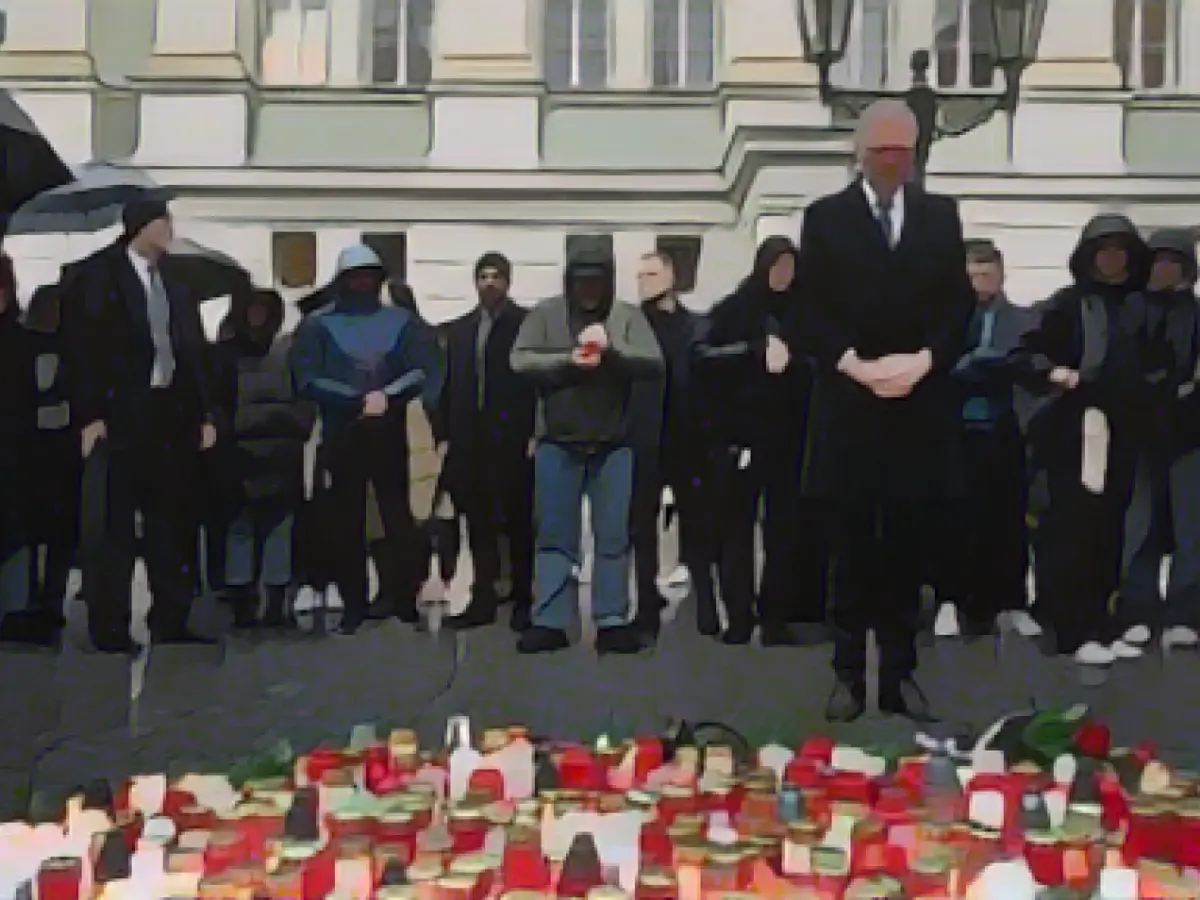At the EU-China summit in Beijing, leaders tackled pressing matters like the trade imbalance and the Ukraine conflict. Ursula von der Leyen, European Commission President, implored China to lift sanctions against European politicians, like Reinhard Bütikofer, due to EU-instituted penalties resulting from China's suppression of the Muslim Uyghur minority.
Human rights and democratic values were at the forefront of the talks, with plans for high-level dialogue on foreign affairs to strengthen cooperation on global issues. Premier Li Qiang and EU officials also discussed future collaborations in business and foreign affairs.
Trade tensions persist, with EU regulations targeting low-value imports from China and provisional tariffs on electric vehicles stoking animosity. The European Central Bank has issued warnings about the eurozone's vulnerability to US-China trade tensions and the implications of the EU's de-risking policies.
Cooperation was emphasized as crucial for addressing global challenges like the Russian war in Ukraine. However, China's stance on Ukraine has been cautious, and ongoing diplomatic meetings between Chinese Commerce Minister Wang Wentao, EU Trade Chief Valdis Dombrovskis, and other officials have worked to prevent a trade conflict between the EU and China.
The EU has tightened regulations on low-value imports from Chinese e-commerce platforms, including Shein and Temu, due to concerns over product safety, consumer protection, and data privacy. Provisional import tariffs on Chinese electric vehicles have been imposed, and China has retaliated with anti-dumping investigations against EU exports, such as brandy, pork, and dairy products.
The threat of a global tariff war looms as the US-China trade tensions intensify. Nevertheless, German investment in China has surged, indicating strong economic dependence between the two regions. Chinese exports to the EU have increased, while imports have declined slightly, resulting in fluctuating trade volumes.
Human rights concerns in China, including strife in Tibet, Inner Mongolia, Hong Kong, and Xinjiang, have been addressed by the EU, which urges cooperation with UN human rights mechanisms according to recommendations regarding human rights violations in Xinjiang. The EU monitors cases of human rights defenders and emphasizes the importance of providing protection, respect, and fulfillment of human rights for all people, including Uyghurs, Tibetans, and other minority groups.
Regulatory scrutiny of Chinese e-commerce platforms and data privacy concerns have prompted European regulators to demand internal documents and risk mitigation measures from these companies under the Digital Services Act (DSA). A global tariff war could significantly impact supply chains, leading to increased costs and potential disruptions. However, the European Central Bank remains cautiously optimistic, citing the resilience of the labor market and recovering consumption in the eurozone.








